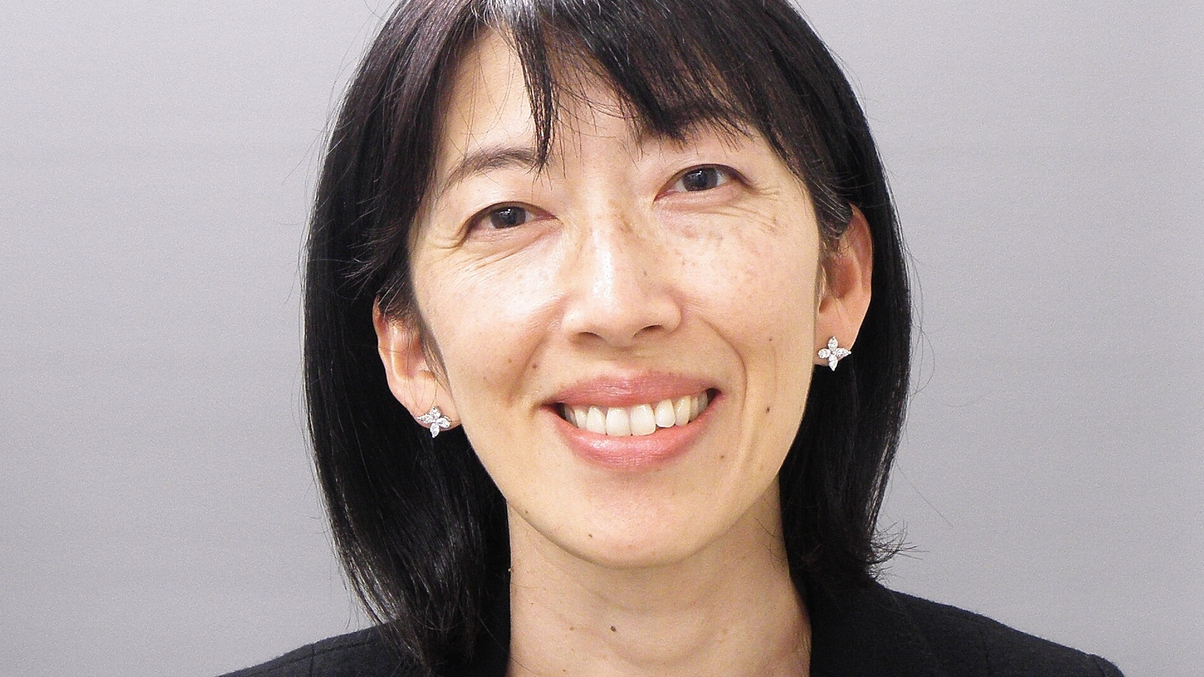Japan stocks could see $200bn inflow: BNY Mellon
Global investors appear to be underweight Japan equities; merely shifting to neutral would drive strong inflows, and there are good reasons for that to happen, says BNY Mellon's investment arm.

Despite a 52% rise in the Nikkei 225 last year, global investors appear to be largely underweight Japanese stocks, argues BNY Mellon’s investment arm, citing other research. But the firm says that may change this year as investors reassess portfolios on the back of Japanese economic and political data.
Sign in to read on!
Registered users get 2 free articles in 30 days.
Subscribers have full unlimited access to AsianInvestor
Not signed up? New users get 2 free articles per month, plus a 7-day unlimited free trial.
¬ Haymarket Media Limited. All rights reserved.


